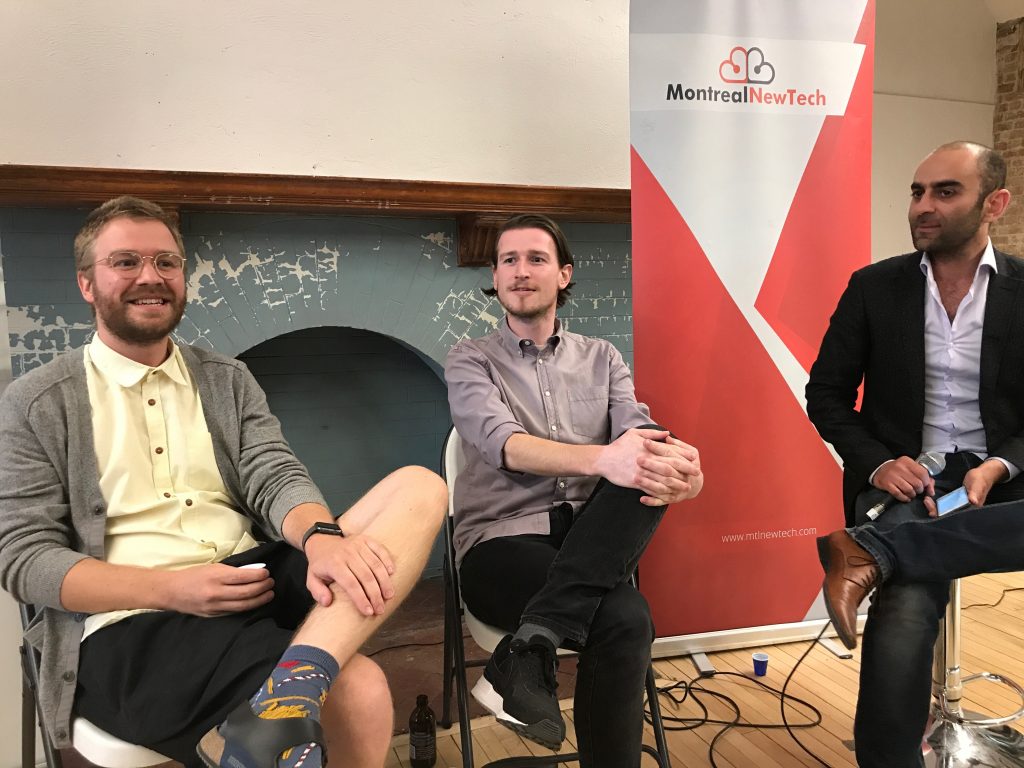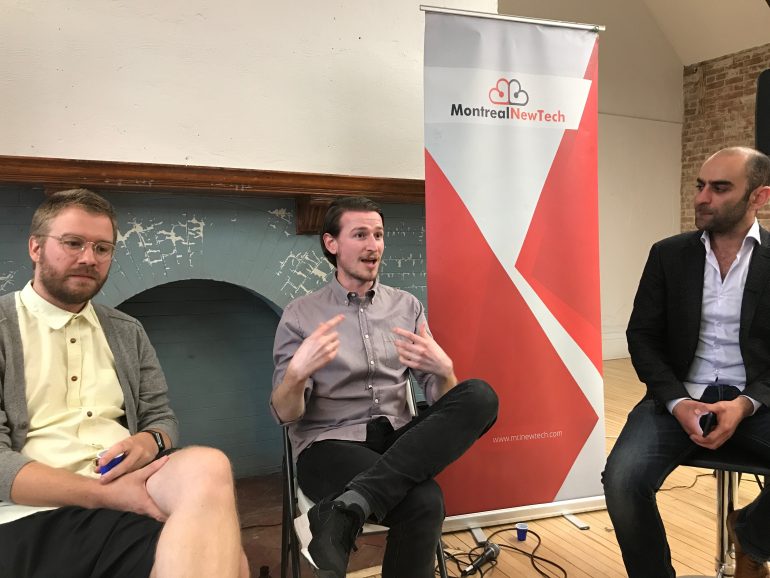If you’ve ever tried to charter a bus for a sports game or team event, you’ll know how frustrating it can be to easily find what you need. While so many other services have already been transformed by technology, this industry is still massively decentralized, with thousands of mom n’ pop companies making up the market, and a mind-boggling range of quality and prices as a result.
That’s the opportunity Wolf Kohlberg and Kyle Boulay saw in 2014, when Kohlberg first pitched his startup idea (then called My Charter Bus) to create a digital product that would simplify bus travel to sports games. Having worked in the travel space, and in fact, chartered buses from his hometown in Germany to the European football matches in the nearby city, Kohlberg saw a real opportunity for disruption. And when he and Kohlberg met helping a friend move, Boulay recalled his own nightmare experience of getting to Lollapalooza (it took 39 hours) and knew that this was a market that needed tapping.
“The number one job for any founder, before anything else, is really resource allocation.”
– Kyle Boulay, CEO of Bus.com
Just three years later, Bus.com has raised a $6.5 million Series A, and is coordinating buses to music festivals, sports games, and conferences across the Americas. They shared their experiences and insights with an intimate group at Montreal NewTech’s Founder Lounge this past Thursday, describing the importance of having a good relationship with your co-founder (“it really is like being married”), how they balance their time, and what it’s like working in an industry with so many moving parts.
Down to earth and extremely humble, Boulay joked about the fact that as founders, they still don’t really know what they’re doing (except that when it comes to their product, Kohlberg has a vast knowledge of the travel industry, while Boulay’s background in tech is clearly a major asset).
The business model is heavily sales-driven, where they approach music festivals and other events, and offer to create a better transportation experience for their customers. They charter the buses, and sell individual tickets to event-goers, creating a shared experience where busloads of folks can chat online before hopping on the bus, make friends, and travel in good company — while also having a direct line of contact with the customer service team at Bus.com.

The team got their big start almost by accident, when Kohlberg was contacting various events and got in touch with RockFest to offer their services as a transportation provider. “It’s a huge 200,000 person festival in Montebello,” said Boulay, “It’s a tiny town, and it’s a total nightmare logistically. They just didn’t respond, but they put up our website on their “how to get there” section and that generated a ton of business right from the beginning.”
From there, they continued to charter buses both through tenacity on their part, and a clear need on the side of the music festivals and corporate events to find simple, reliable transportation. The duo were accepted into FounderFuel, where they dug into building their company and network, and were later accepted by Y Combinator, an experience that enabled them to solidify their business plan and concept even further.
When asked where they believe their success came from, Kohlberg answered, “There’s no big magic. It takes time to build relationships. Just build trust in terms of building business relationships, and at the end of the day, make sure they [the bus companies] get paid on time.”
“There’s a massive amount of business intelligence that goes into being able to do that with automation at scale.”
Boulay argued that a major factor is knowing their customers and what’s important to them. “It’s easy for Wolf because Wolf knows the space inside out,” he said. “He’s always been interested in travel, he knows what matters to [the clients] and what they want to hear. I would say, comparable to another situation, knowing the customer inside out, knowing what matters to them and how to express that is really important.”
As the complexity around bus transportation is extreme, and it’s impossible to avoid every difficulty, Boulay noted that “hitting a home run every time is hard, and there’s a massive amount of business intelligence that goes into being able to do that with automation at scale.” So they focus on fixing the experience of booking and organizing trips, and know that while problems will often arise, they’re in a position where they can make good judgements and fix them as quickly as they can.
“The more we dig in, there’s so much work to do,” Kohlberg said. “This is one of the challenges because we have to fix so many steps to improve the experience for people, but with no doubt that there’s a marketplace for quality and growth.”
When asked what advice they’d give other founders, the two spoke at length about their relationship and how they allocate their time.
“The number one job for any founder, before anything else, is really resource allocation,” said Boulay. “It’s deciding where to spend your time, where to spend others’ time, where to spend the business money. That is the job.”
He continued to praise Kohlberg, and said that the reason they can focus on the right things is because of mutual respect. “When it gets down to it, there’s a lot of things that happen at a company. Mistakes are made, and we have a foundation where we trust that neither of us have a negative intention — and that is crucial.”


